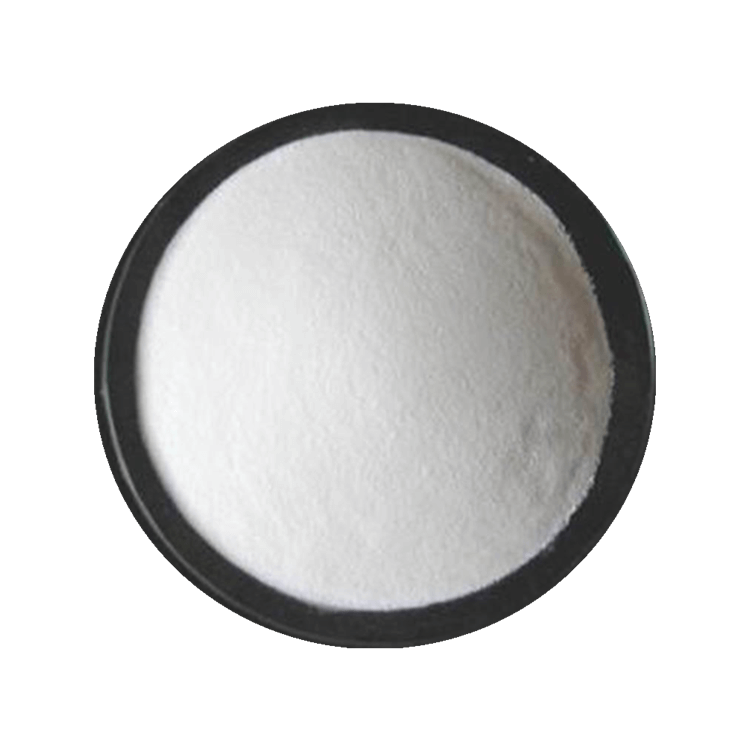Lithium bromide powder is widely used in absorption refrigeration systems, which are particularly beneficial in various industries due to their energy efficiency and ability to use waste heat as a driving force. Here’s an overview of how lithium bromide powder is utilized in absorption refrigeration programs across different sectors:
Table of Contents
1. Absorption Chillers
Purpose: Lithium bromide is a key component in absorption chillers, which are used for cooling applications. These chillers work by absorbing heat from the environment and converting it into cooling. They do not require mechanical compression and can run on low-grade heat, such as steam, hot water, or waste heat from industrial processes.
Components:
- Absorbent (Lithium Bromide): The absorbent, lithium bromide, is a hygroscopic salt that readily absorbs water vapor.
- Refrigerant: Water is commonly used as the refrigerant in these systems.
2. Applications Across Industries
2.1 Building HVAC Systems
Purpose: Lithium bromide absorption chillers are often used in large buildings and commercial complexes for air conditioning, providing an energy-efficient cooling solution.
Benefits:
- Energy Efficiency: Utilizes waste heat or renewable energy sources, reducing the overall energy consumption.
- Environmental Impact: Reduces the carbon footprint by minimizing the use of electricity from fossil fuels.
2.2 Food and Beverage Industry
Purpose: In the food and beverage industry, lithium bromide absorption chillers are used for process cooling and refrigeration.
Benefits:
- Temperature Control: Maintains consistent temperatures for food processing and storage.
- Energy Savings: Reduces energy costs by utilizing waste heat.
2.3 Chemical and Pharmaceutical Manufacturing
Purpose: These chillers are used for process cooling and to maintain controlled environments in laboratories and manufacturing facilities.
Benefits:
- Process Efficiency: Ensures precise temperature control for chemical reactions.
- Safety: Maintains safe working conditions by controlling the temperature and humidity.
2.4 Data Centers
Purpose: Lithium bromide absorption chillers help in cooling data centers, which generate a significant amount of heat from servers and other IT equipment.
Benefits:
- Reliability: Ensures the stability of IT systems by maintaining optimal operating temperatures.
- Energy Efficiency: Reduces the total cost of ownership through lower energy consumption.
2.5 Automotive Industry
Purpose: In the automotive industry, lithium bromide absorption chillers can be used for air conditioning systems in commercial vehicles and for cooling applications in manufacturing plants.
Benefits:
- Fuel Efficiency: In commercial vehicles, using waste heat for cooling reduces the load on the engine, improving fuel efficiency.
- Manufacturing Efficiency: Maintains optimal temperatures in production areas, improving product quality.
3. Implementation and Design Considerations
Heat Source Selection: The design of the absorption chiller system depends on the availability of a suitable heat source, which can be waste heat from industrial processes, solar thermal energy, or low-pressure steam.
System Integration: The absorption chiller must be integrated with the existing heating and cooling systems to maximize efficiency and minimize operational disruptions.
Control Systems: Advanced control systems are necessary to manage the operation of the absorption chiller, ensuring optimal performance and energy savings.
4. Case Study: Lithium Bromide Absorption Chiller in a Commercial Complex
Scenario: A large commercial complex is implementing a lithium bromide absorption chiller system to provide efficient and reliable cooling for its tenants.
Implementation:
- System Design: The absorption chiller is sized to meet the peak cooling load and is integrated with the building’s heating system to utilize waste heat.
- Heat Source: Waste heat from the building’s boilers and cogeneration units is used to drive the absorption chiller.
- Controls: Advanced controls are installed to monitor and optimize the chiller’s performance based on real-time cooling demands.
Benefits:
- Energy Efficiency: The complex reduces its energy consumption by utilizing waste heat.
- Operational Cost Savings: The complex experiences significant savings in operational costs due to the efficient use of energy.
- Environmental Impact: The complex’s carbon footprint is reduced by using waste heat and minimizing the use of electricity.
Conclusion
Lithium bromide powder is a critical component in absorption refrigeration systems, which provide energy-efficient cooling solutions across various industries. By utilizing waste heat and renewable energy sources, these systems help reduce energy consumption and environmental impact while improving the overall efficiency and reliability of cooling applications.
Contact us today to start optimising your data centre cooling system.









